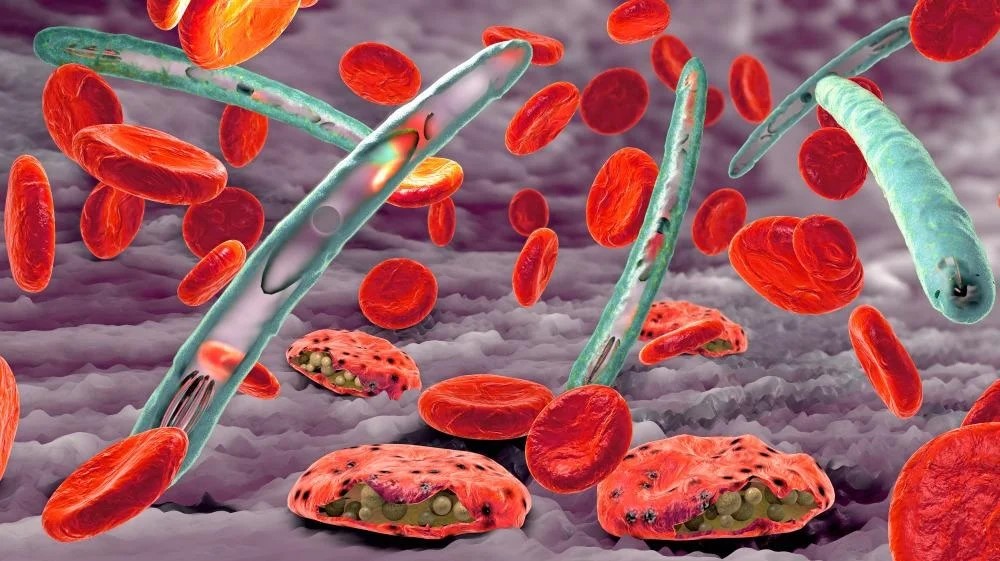The team evaluated samples using both manual light microscopy and the AI-microscope system…reports Asian Lite News
An international team of researchers has tested the accuracy of an automated microscope, combined with AI software, to identify malaria parasites in blood samples of travellers in a true clinical setting — an additional diagnostic approach to disease detection.
Each year, more than 200 million people fall sick with malaria and more than half a million of these infections lead to death.
The World Health Organisation (WHO) recommends parasite-based diagnosis before starting treatment for the disease caused by Plasmodium parasites.
In the new study that appeared in the journal Frontiers in Malaria, the researchers sampled more than 1,200 blood samples of travellers who had returned to the UK from malaria-endemic countries.
They tested the accuracy of the AI and automated microscope system in a true clinical setting under ideal conditions.
“At an 88 per cent diagnostic accuracy rate relative to microscopists, the AI system identified malaria parasites almost, though not quite, as well as experts,” said Dr Roxanne Rees-Channer, a researcher at The Hospital for Tropical Diseases at UCLH in the UK.
This level of performance in a clinical setting is a major achievement for AI algorithms targeting malaria.
“It indicates that the system can indeed be a clinically useful tool for malaria diagnosis in appropriate settings,” Rees-Channer added.
The team evaluated samples using both manual light microscopy and the AI-microscope system.
By hand, 113 samples were diagnosed as malaria parasite positive, whereas the AI-system correctly identified 99 samples as positive, which corresponds to an 88 per cent accuracy rate.
Automated malaria diagnosis has several potential benefits, the scientists pointed out.
“Even expert microscopists can become fatigued and make mistakes, especially under a heavy workload,” Rees-Channer said.
“Automated diagnosis of malaria using AI could reduce this burden for microscopists and thus increase the feasible patient load.” Furthermore, these systems deliver reproducible results and can be widely deployed, the scientists wrote.













